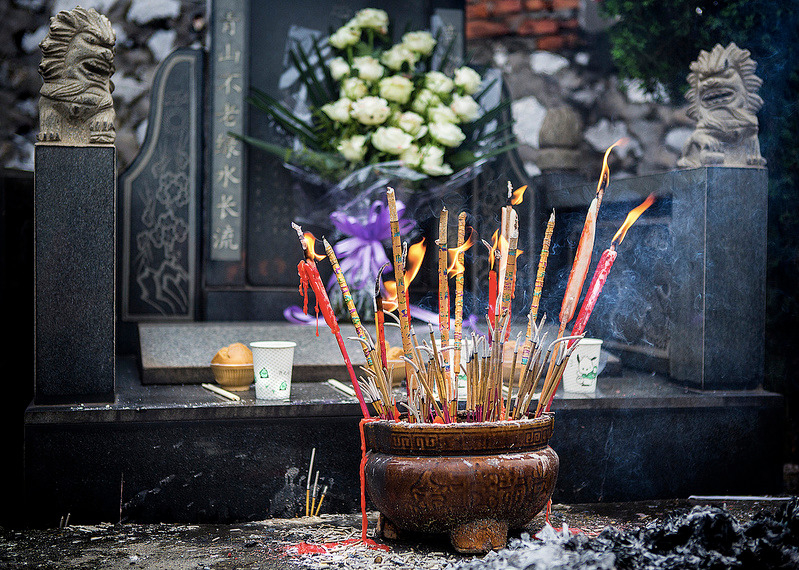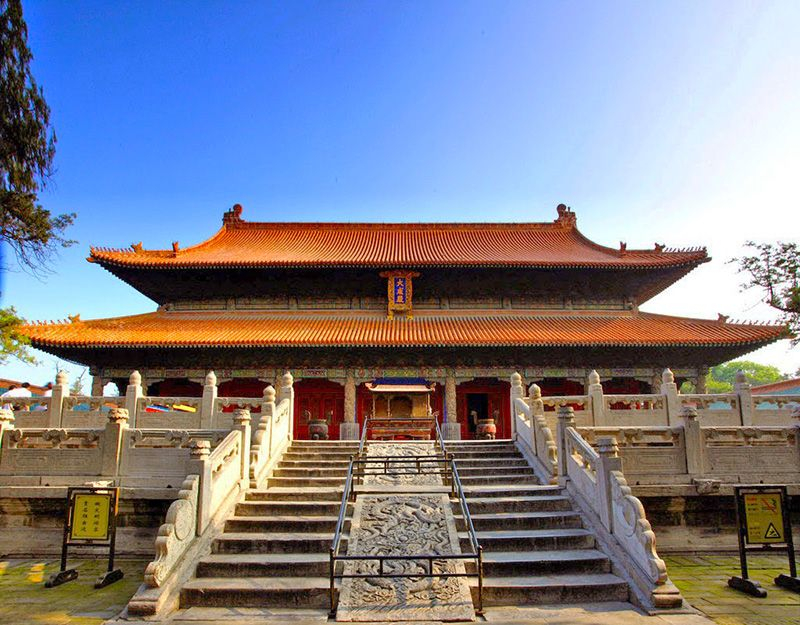Confucian Holy Days and Cultural Impact

Top 10 in Top 10 Facts about Confucianism Beliefs
Holy Days:
- Qing Ming: One of the most important days in Confucianism, it occurs 106 days after the winter solstice. On this day, people visit their ancestors' graves, bringing offerings such as paper clothing and paper money. Food, which is usually served after the ceremony, is served during the ceremony. This is supposed to connect the spirits of the living with their ancestors.
- Chongmyo Taeje: A ceremony held in honor of the Yi dynasty's kings and queens (lasting from 1392 to 1910.) On the first Sunday of May, past leaders are honored with music, food, and dance.
- Confucius' Birthday: The ceremony begins on September 28th, when Confucius was born. It takes place over a few days and concludes on October 10th. It all starts with a short march to a nearby temple, where an animal is sacrificed to Confucius. They sing the "Song of Peace" and are given a rice-based "wisdom cake." Because Confucius is the face of the religion, it is the most widely observed of all ceremonies. There are even kung-fu competitions during the event, which are accompanied by music and dance.
- Ching Ming Festival: This festival is also known as "Tomb Sweeping Day". It is held on April 4th or 5th. On this day, the ancestors are honored by sweeping the graves and laying flowers. The deceased's favorite food is sometimes left on the grave, and small amounts of money are burned. Kites are also brought to the festivals by attendees.
Cultural Impact:
- Confucianism had a wide-ranging impact on Ancient China and their culture. It provided a sense of stability in a country that had recently been rearranged by many dynastic changes. This was most evident in Confucius's concept of everyone having their own place in society. He created a more structured Chinese society by enforcing this. This was reinforced by the amount of time and effort put in to help a community. Merchants, for example, were at the very bottom of the social ladder. Despite their wealth, they did not exert the same amount of effort as local farmers. Confucius also promoted education and allowed young boys to attend school to learn Calligraphy (an Ancient Greek writing style), which resulted in many of the young boys becoming scholars.
- Confucianism's beliefs also contributed to the social perception of women being less useful than men. This forced women to work harder to achieve equal social status with men, leading to some heinous practices such as foot binding. Confucianism brought many positive ideals to China and helped to create a much more stable society, but it also had its drawbacks.











